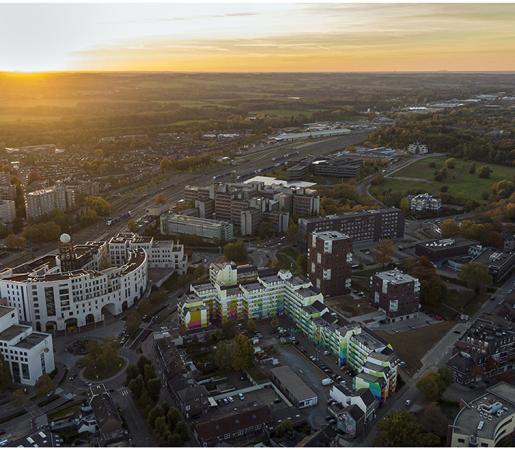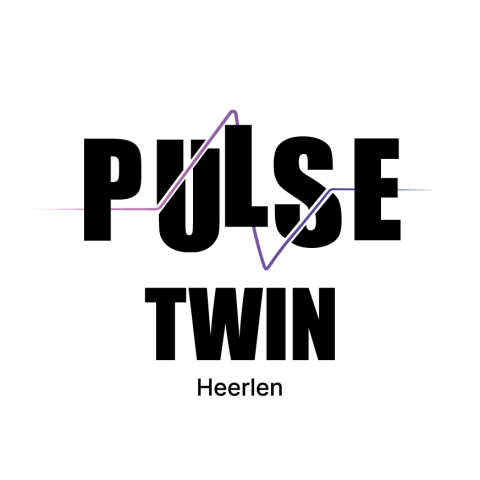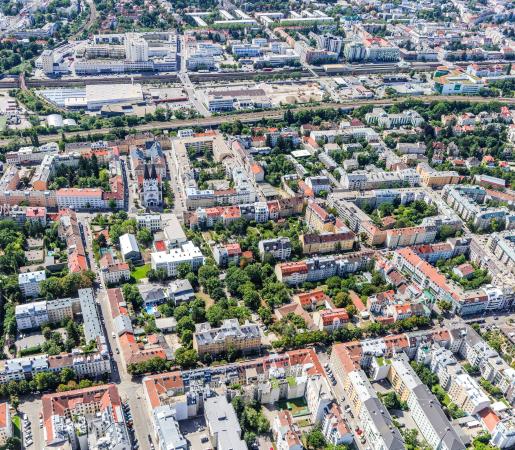
Heerlen
PULSE-TWIN - Proactive Urban Livability and Safety Engine with Integrated Social Digital Twin
With high levels of crime and social deprivation, Heerlen is one of the Netherlands’ least liveable cities. The PULSE-TWIN project’s response is an innovative Social Digital Twin that incorporates social and security data from official sources with frontliner and community inputs – using AI to recognise patterns and predict outcomes. This enables faster and better informed decision-making, prevention and frontline actions, improving public services. It also supports inclusive community engagement – and compliance with ethical, legal and societal standards – aiming to enhance social acceptance, public trust, community ownership and cohesion.
Our main challenges...
Persistent crime, undermining the area’s social fabric. Despite various revitalisation efforts, Heerlen faces high rates of organised crime that blurs legal and illegal boundaries and weakens trust, safety and cohesion in neighbourhoods.
Lack of integrated, actionable urban data. Current urban decision-makers lack tools to combine official, frontline and citizen data into real-time, actionable insights for targeted public interventions.
Trust in government is low and citizen engagement is fragmented. Without structured participation, solutions risk missing local realities and failing to build shared responsibility.
and proposed solutions
Social Digital Twin (SDT): An interactive digital model that visualises neighbourhood safety and liveability in real time, combining social and spatial data to guide planning and frontline action.
AI Co-pilot for frontline workers: Wearable and mobile AI tools provide real-time insights to neighbourhood officers and care workers, supporting proactive and coordinated interventions.
Citizen-driven safety tools via app: A co-developed Heerlen App module lets residents report nuisance, send alerts, and join local safety initiatives, strengthening community involvement and trust.
Key figures
Milestones
Project is launched, bringing together partners and stakeholders from across Heerlen
First working prototype of the Social Digital Twin
New app module for citizen reporting and safety alerts goes live
AI Co-pilot tested in real-world frontline settings
Social Digital Twin fully rolled out across Heerlen



